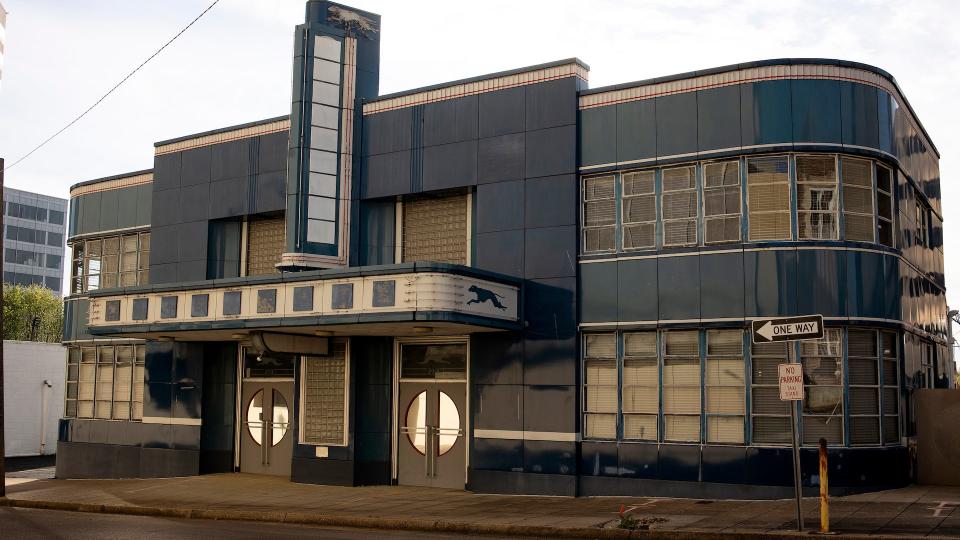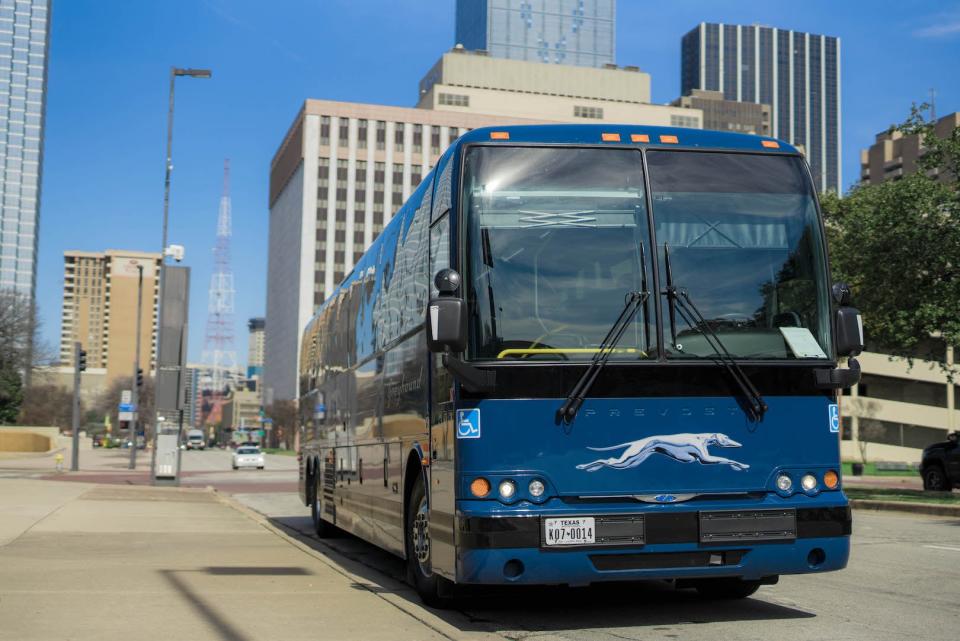Intercity Bus Terminals Are Closing and Hedge Funds Are Scooping Them Up

The American intercity bus network isn't what it once was, and the effects of its decline can already be felt in major cities. As ridership declines, the widespread closure of bus stations threatens to have a ripple effect that could dump travelers to linger on sidewalks. Or, in some cases, leave them without means to leave their cities to begin with.
Intercity buses make up an under-appreciated part of the U.S.'s national transport network, carrying twice as many passengers as Amtrak yearly according to CNN. To give you a sense of scale, Amtrak carried about 23 million people in financial year 2022, which'd mean intercity bus lines average around 126,000 riders daily.

For 60 million poor Americans, it's the preferred way to travel between cities. It's estimated about three quarters of riders reportedly have an income below $40,000, and a quarter are unable to afford travel without buses. That's about one in 22 Americans—an outsize portion of which are minorities or disabled. They're the first, but not the only ones to suffer as bus stations close around the nation.
Between 1960 and 2006, bus line ridership fell from 140 million to about a third that figure, then another quarter since a rebound before COVID-19. Cities across the country from Houston to Philadelphia and Portland, OR have accordingly waved goodbye to stations, and Chicago and Dallas will reportedly follow soon. Their cost to operate, pay taxes on, and lack of public funding mean even Greyhound (the biggest carrier) is offloading these often historic buildings. Some are going to developers, but 33 have been scooped up by Alden Global Capital, a hedge fund known for buying up regional newspapers and gutting their staffs.

 Yahoo Autos
Yahoo Autos 